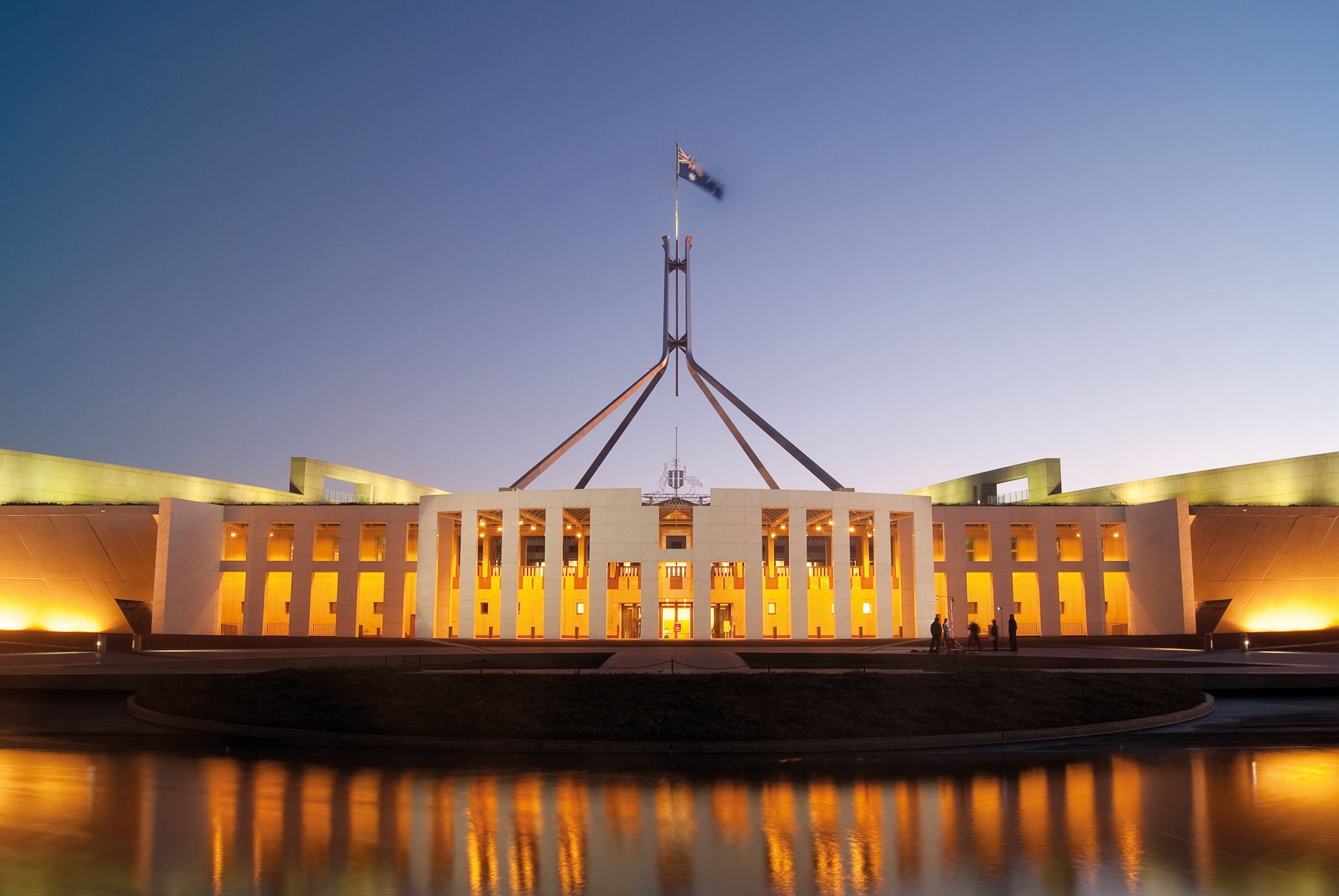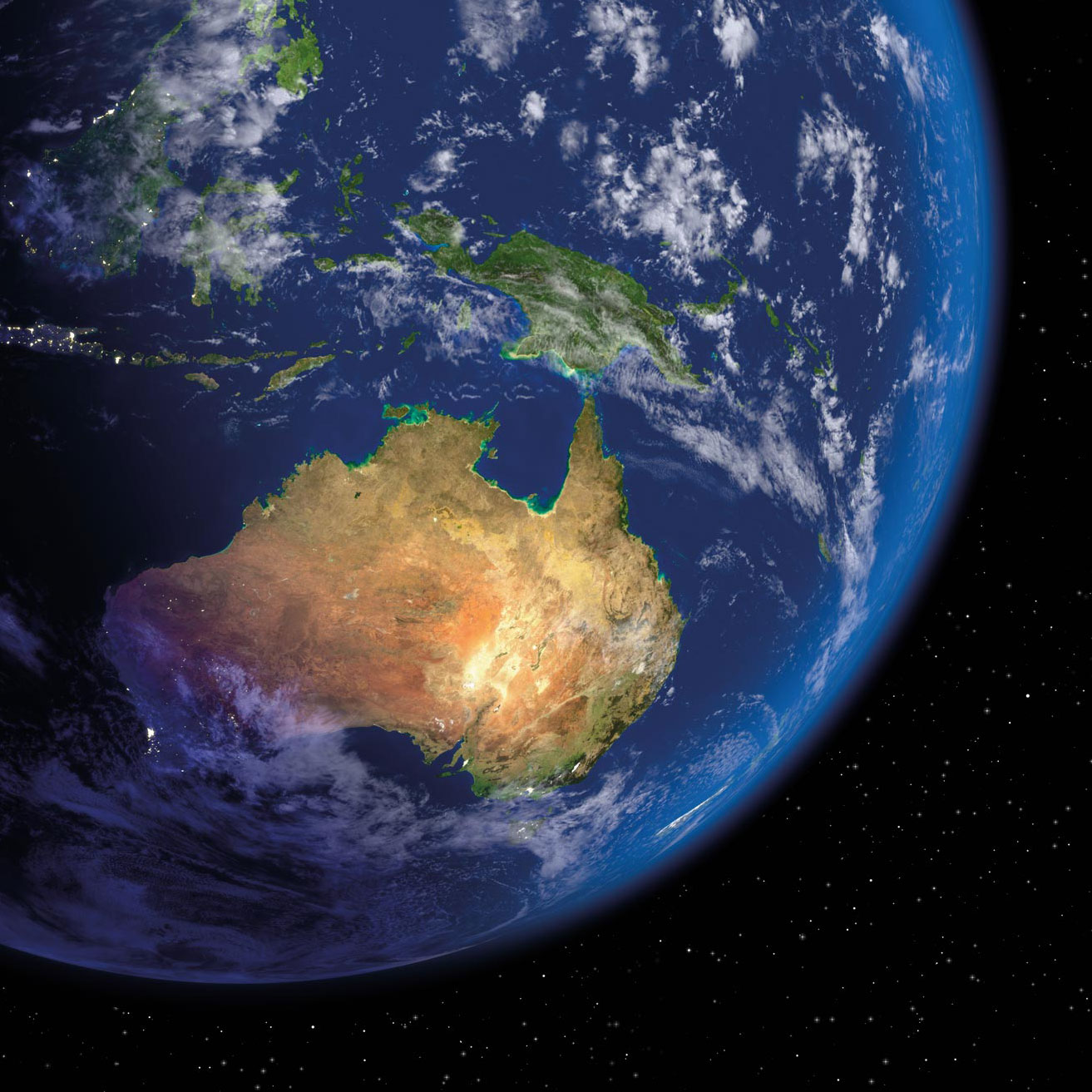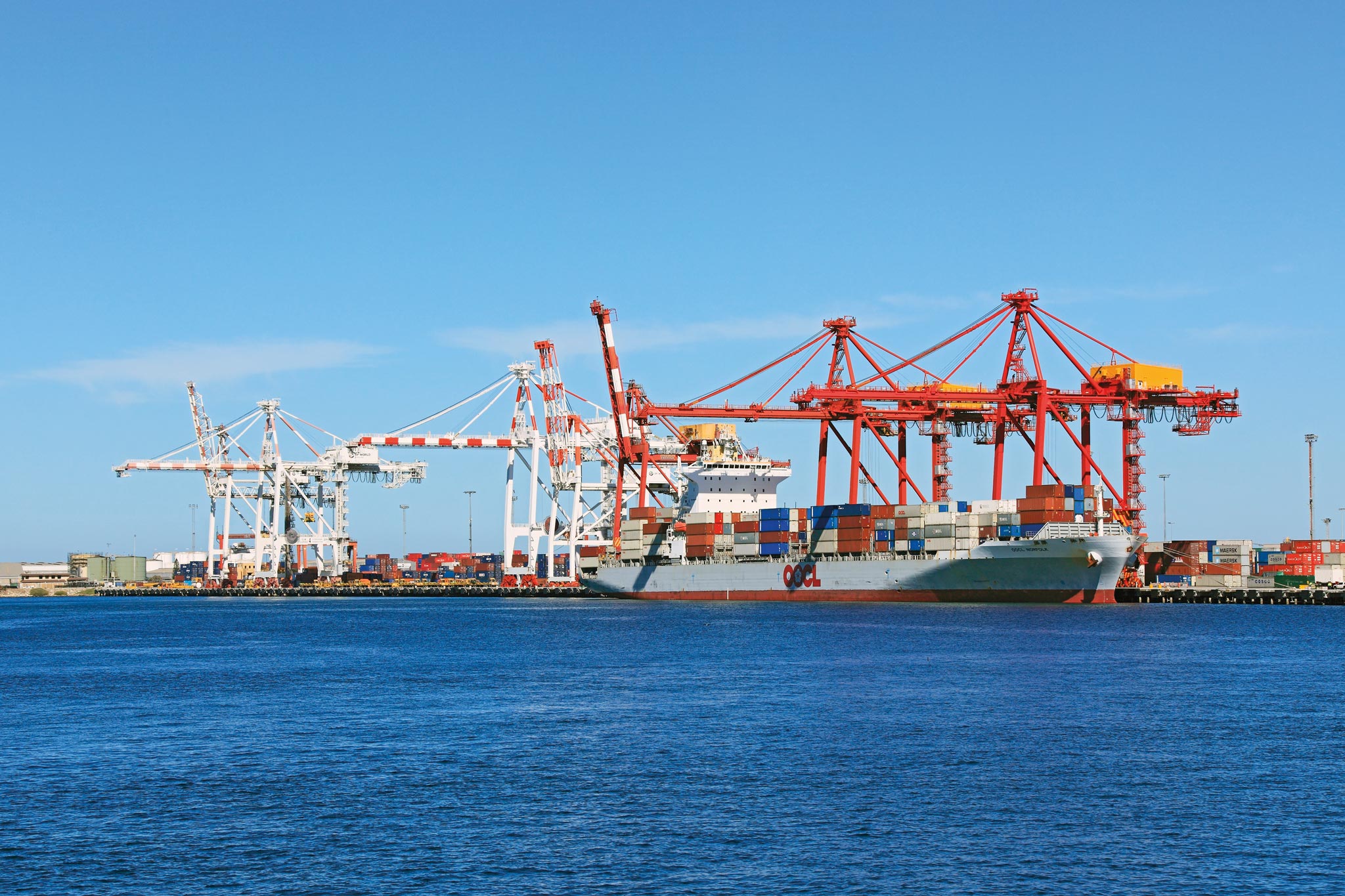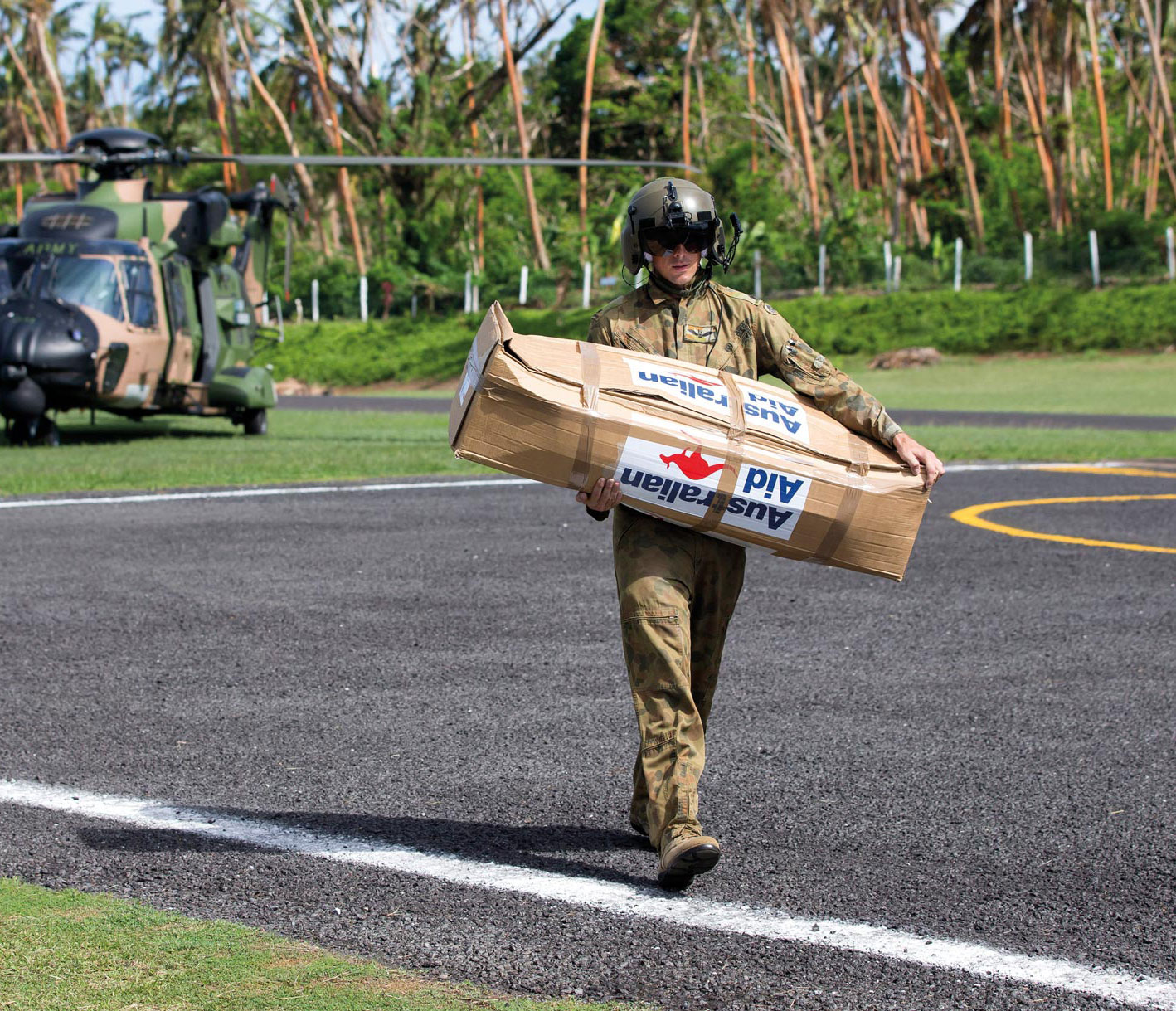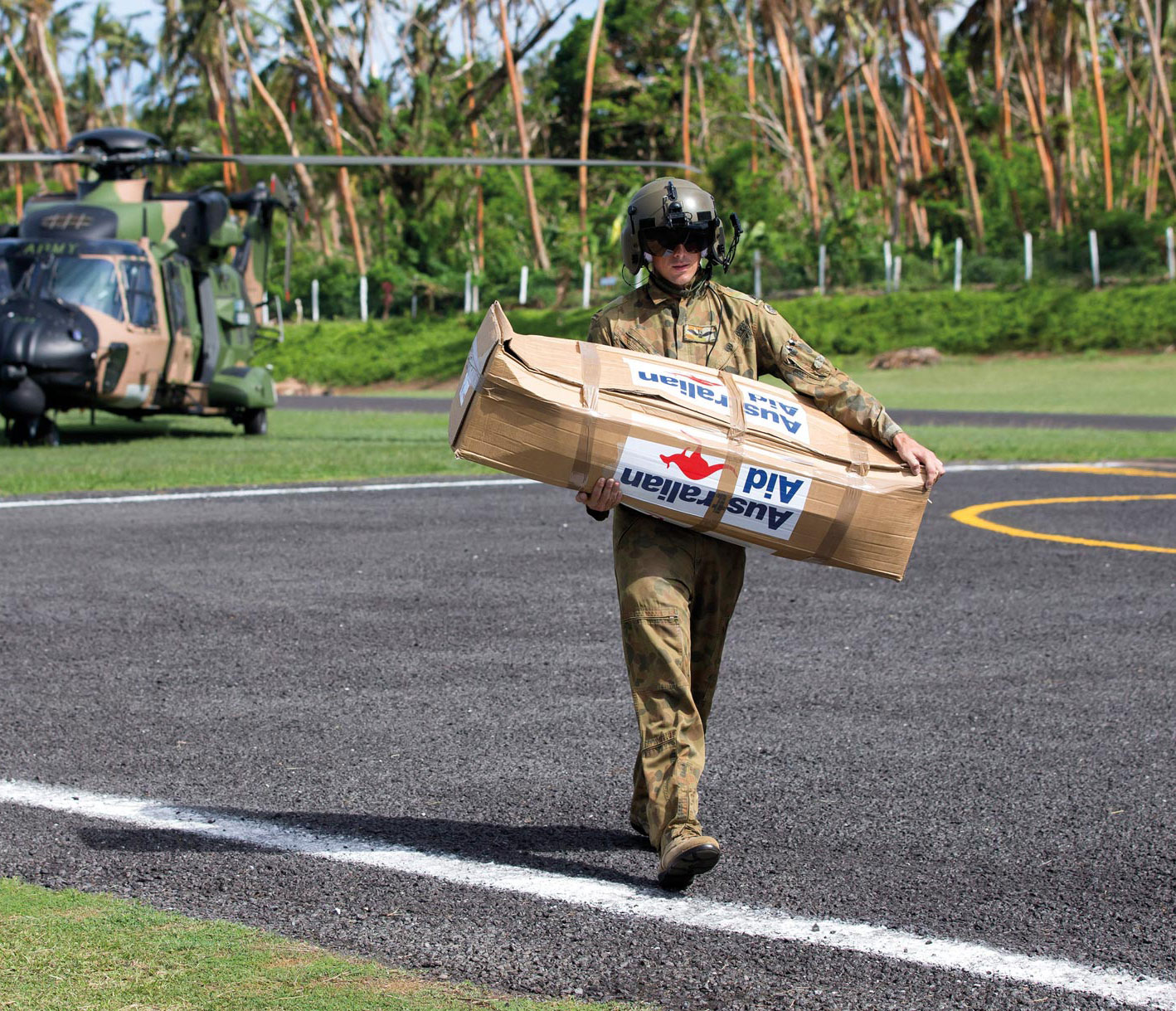States and territories
The Commonwealth Government is committed to a close partnership with its state and territory counterparts on international issues. Together, we promote and facilitate trade, investment, tourism and education. We cooperate to counter security threats, such as terrorism and transnational organised crime.
Many large, globally connected Asian cities and regions are international actors in their own right. Tokyo, Seoul, Beijing, Shanghai, Guangdong, Jiangsu, Shandong and Zhejiang have economies that are larger than some G20 members. These provinces or cities have formal linkages, and extensive commercial and other connections, with Australian states and cities. The Commonwealth Government encourages and supports the states and territories with their own sub-national international relationships. The Australia – China State – Provincial Leaders Forum is one example.
Domestic and foreign policies interact extensively in a globalised world. Close cooperation with state and territory governments is therefore vital to our trade and investment links and to meeting our international obligations. The policies of the states and territories can impinge on our obligations under treaty-level agreements, including in areas such as trade and climate change. Ensuring Commonwealth and state and territory policies align to meet our international obligations is vital to protecting our economic interests and our reputation.
Business
On global issues such as climate change and sustainable development, many businesses are major players, linking corporate objectives to social, environmental and economic goals. Businesses influence policy, help to set international standards and connect Australia to world markets, technology and ideas. Private enterprise is not only the engine of our domestic prosperity, it is fundamental to Australia’s place in the world and the exercise of influence internationally.
The Government will continue to engage extensively with business leaders, industry groups and small to medium sized enterprises, including in regional and rural Australia, on Australia’s international agenda. The business community is an essential advocate for economic reform at home and an important partner for government in maintaining public support for open trade and foreign investment.
The work of Australian business leaders in regional and multilateral business groups, such as the APEC Business Advisory Council and the Business 20 sub-group of the G20, helps to expand Australia’s influence and ensure our policy approaches in these forums work to maximise economic benefit for Australia.
The Prime Minister and senior ministers lead CEO delegations to major markets to promote our commercial interests. Austrade organises regular business missions to and from Australia to increase commercial opportunities, with an emphasis on small to medium sized enterprises. Australian officials also work closely with chambers of commerce in Australia and overseas to increase trade and investment opportunities.
Development partners
Our work with a wide range of partners, including NGOs, the private sector and multilateral organisations, helps to magnify the impact of Australia’s development assistance program.
NGOs in particular are vital partners in our effort to encourage greater prosperity and stability in our region through the delivery of development assistance. They bring strong connections to local communities, a comprehensive understanding of poverty in local contexts, and deep development expertise. NGOs can often reach vulnerable groups that are otherwise difficult to access, such as those in areas hit by natural disasters. They also make significant contributions to multilateral processes on issues like climate change and sustainable development, often participating in official Australian delegations.
Partnerships with the private sector boost the impact of Australia’s development assistance. The private sector is the primary source of economic growth, incomes and jobs in developing countries. We work with businesses through programs like the Business Partnerships Platform to effect positive change in many sectors, including agricultural development, water management and health care. By sharing assets, networks and expertise with business we can get better results from our assistance.
Our work with multilateral institutions, like UN agencies and multilateral development banks, allows the Government to leverage their influence, technical expertise and convening power. Our multilateral partners help us achieve outcomes on a scale that would not otherwise be possible. For example, Australia and the Asian Development Bank have co-financed the design and construction of the Cao Lanh Bridge across the Mekong River. Once finished, the bridge will carry 170,000 road users a day and link people and markets in the Mekong Delta to the rest of Southeast Asia.
Partnerships with other governments can also achieve better development results. In Bangladesh, we have formed a partnership with the United Kingdom and one of the largest NGOs in the world, BRAC (Building Resources Across Communities), to help vulnerable communities become more self-reliant by providing education, skills training and livelihood assistance.
Diasporas
Australia is a migrant nation. The Government considers our diversity a national strength and ensures that all diaspora communities4 in Australia, regardless of origin, enjoy full rights and protections under Australian law.
These communities often have the connections, language skills and cultural understanding to assist Australia to deepen ties with other countries. They help to facilitate trade and investment, including by sharing information on overseas markets and customs. Diaspora communities can also influence how Australia is perceived internationally.
Our diaspora communities often contribute to developing countries through remittances. They also have the knowledge and networks to help improve our understanding of development and humanitarian issues in other countries.
The Government is committed to working with diaspora communities to promote Australia’s image and reputation, to encourage trade and investment and, where appropriate, to support our development assistance program.




